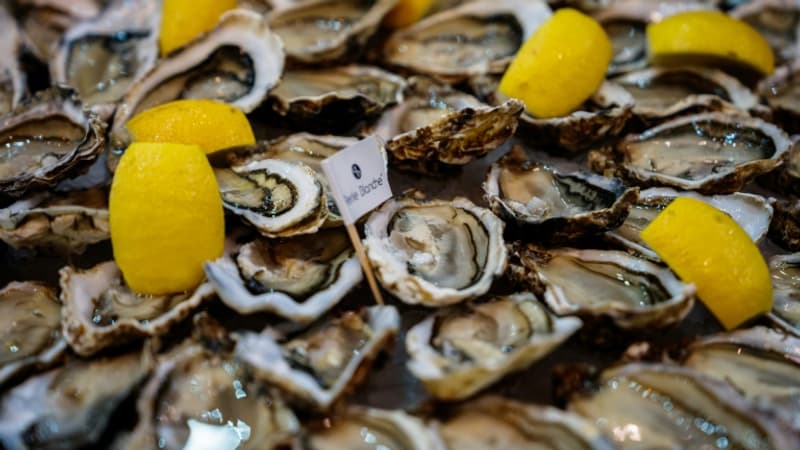A Christmas Eve to forget. A few days before the New Year, this Thursday, December 28, the sale of oysters from oyster farmers in the Arcachon basin was temporarily prohibited, after “several cases of collective food poisoning” that occurred in the last few hours.
As indicated by him Southwest, these collective food poisoning infections (TIAC) affected several people who complained of illnesses similar to gastroenteritis: nausea, fever, fatigue, cold sweats. “We both got sick the next day, with acute symptoms of gastroenteritis and severe fatigue. It lasted two days,” a consumer told the local newspaper.
Poisoning should be taken seriously
When experiencing symptoms of toxic infections, health authorities recommend a procedure to follow. While some cases of TIAC can “take a wide variety of forms and can be serious,” it is necessary to contact a doctor if you experience symptoms. Very often additional tests are performed, including stool tests. Then the appropriate treatment is given.
According to this same document, TIACs are most frequently due to the following bacteria: “Staphylococcus aureus, Clostridium perfringens, Bacillus cereuscertain strains ofEscherichia coliSalmonella, Campylobacter, Yersinia enterocolitica and enteric viruses” found in contaminated raw materials.
In case of contamination, it is important to keep under surveillance those who are most at risk: small children, pregnant women and even the elderly.
In the most urgent cases, it is also possible to contact the SAMU on the 15th, or the nearest Toxicological Center. Health authorities, for their part, observed in the Arcachon basin region, around Christmas, an increase in visits to the emergency room for gastrointestinal symptoms related to the same food origin.
Bring your oysters
Therefore, in the case of Gironde oysters, the prefecture has temporarily prohibited fishing, harvesting and marketing activities intended for human consumption of all shellfish from the Arcachon basin, including the Arguin bank, facing the dune of Pilat.
“Starting today, lots of seafood collected or caught in these areas must be removed from sale. People who have seafood from these areas are asked not to consume them and return them to the point of sale,” the statement said. of the prefecture.
This measure, which will be lifted “as soon as the sanitary quality of the seafood is once again fully satisfactory”, mainly affects oyster farmers who sell a large part of their production at the end of the year.
The producers claim to be “victims of the saturation of wastewater and rainwater networks” that causes “overflows into the natural environment” contaminating breeding areas. Local oyster production is around 8,000 tons per year, or less than 10% of national production.
Source: BFM TV


